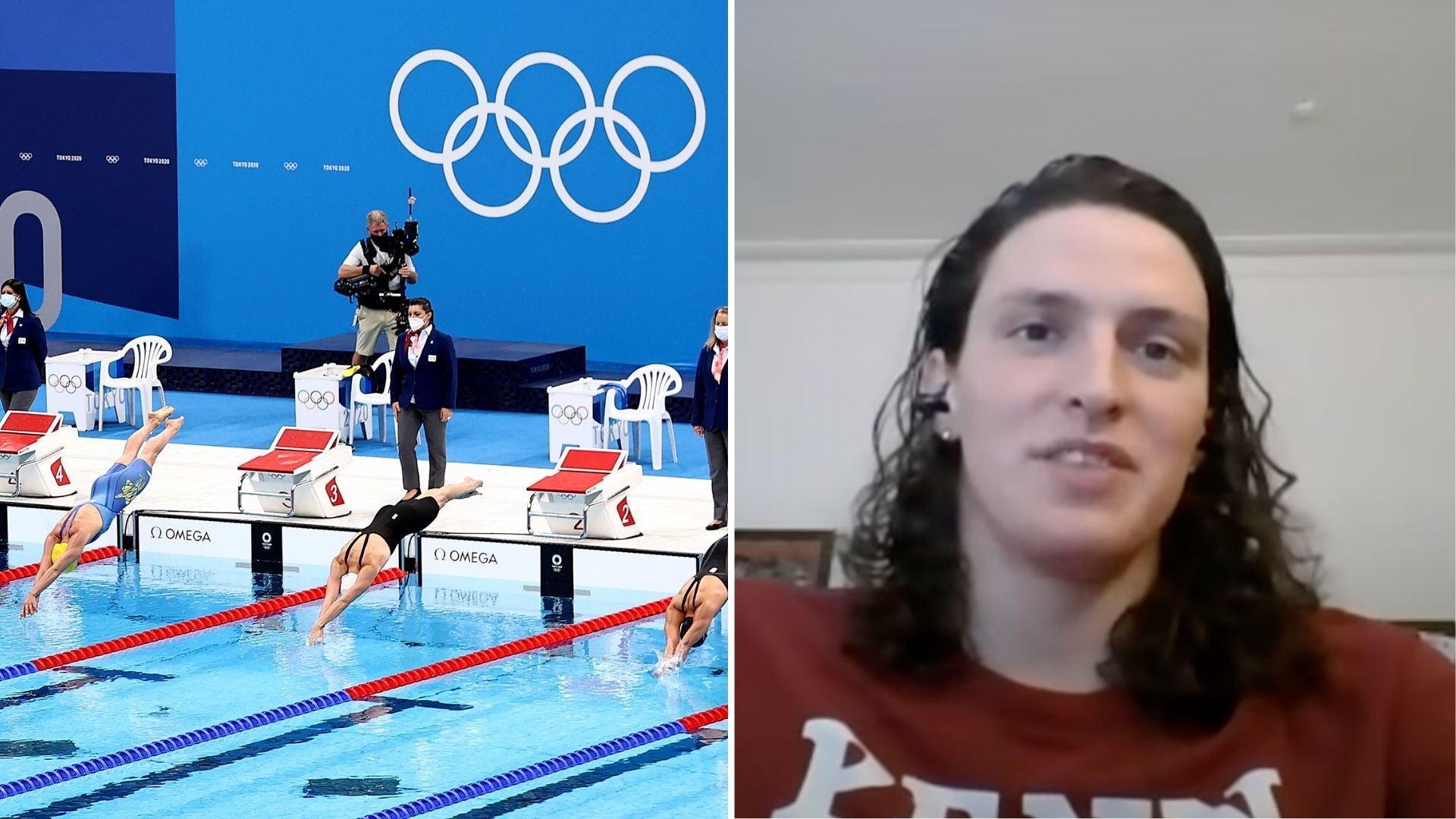More than 300 Olympic and elite athletes have signed a letter in support of transgender swimmer Lia Thomas.The letter was organised by Athlete Ally, an LGBTQ+ advocacy group, and Schuyler Bailar, the first openly transgender NCAA Division I swimmer.It was sent to NCAA President Mark Emmert, chief medical officer Brian Hainline and director of policy, education and strategic engagement Anne Rohlman.The letter, signed by more than 300 current and former NCAA, Team USA and international swimmers and divers, publicly expresses support for Thomas.“With this letter, we express our support for Lia Thomas, and all transgender college athletes, who deserve to be able to participate in safe and welcoming athletic environments,†it reads.“We urge you to not allow political pressure to compromise the safety and wellbeing of college athletes everywhere.â€The letter then calls on the NCAA to not adopt mid-season USA’s Swimming updated policy on transgender athletes, and to establish “clear and consistent†eligibilty polices instead.It also asks the NCAA to ensure that transgender and non-binary athletes are directly engaged in the policy development process.
“There are very real, documented threats to women’s swimming, including but not limited to
rampant sexual abuse, and an inequitable number of women’s coaches within USA Swimming,†the letter continues.
“The NCAA also faces its own deep and historical challenges with gender equity, as outlined in the detailed report released last year focused on the stark differences between NCAA D1 men’s and women’s basketball.
“We can and should address these challenges. Transgender women are not and have never been a part of these challenges to women’s swimming, and sidelining them from sport does nothing to protect women athletes.â€
The 22-year-old Thomas has represented the University of Pennsylvania in a number of races in recent months, setting multiple records for the institution.
She met the eligibility standards set by the NCAA for women’s swimming events at the time, having undergone a year of hormone-suppression therapy.
Despite this, Thomas received a deluge of toxic criticism, and the NCAA and USA Swimming subsequently announced a number of updates to their regulations on transgender athletes.
This has put Thomas’s ability to compete in NCAA events under threat, with the organisation set to follow the same guidelines set out by USA Swimming.
These guidelines ask elite athletes to provide evidence that their prior physical development as a male does not give them a competitive advantage over their cisgender female competitors.
Athletes will also have to provide evidence that their testosterone level has been less than 5 nmol/L continuously for a period of at least 36 months.
It has been reported that Thomas started to transition in May 2019, meaning she currently falls under the USA Swimming’s testosterone level threshold by around three months.
It has been confirmed she will still be able to compete at this month’s Ivy League Championships, but her participation at the NCAA Championships in March is still in doubt.














